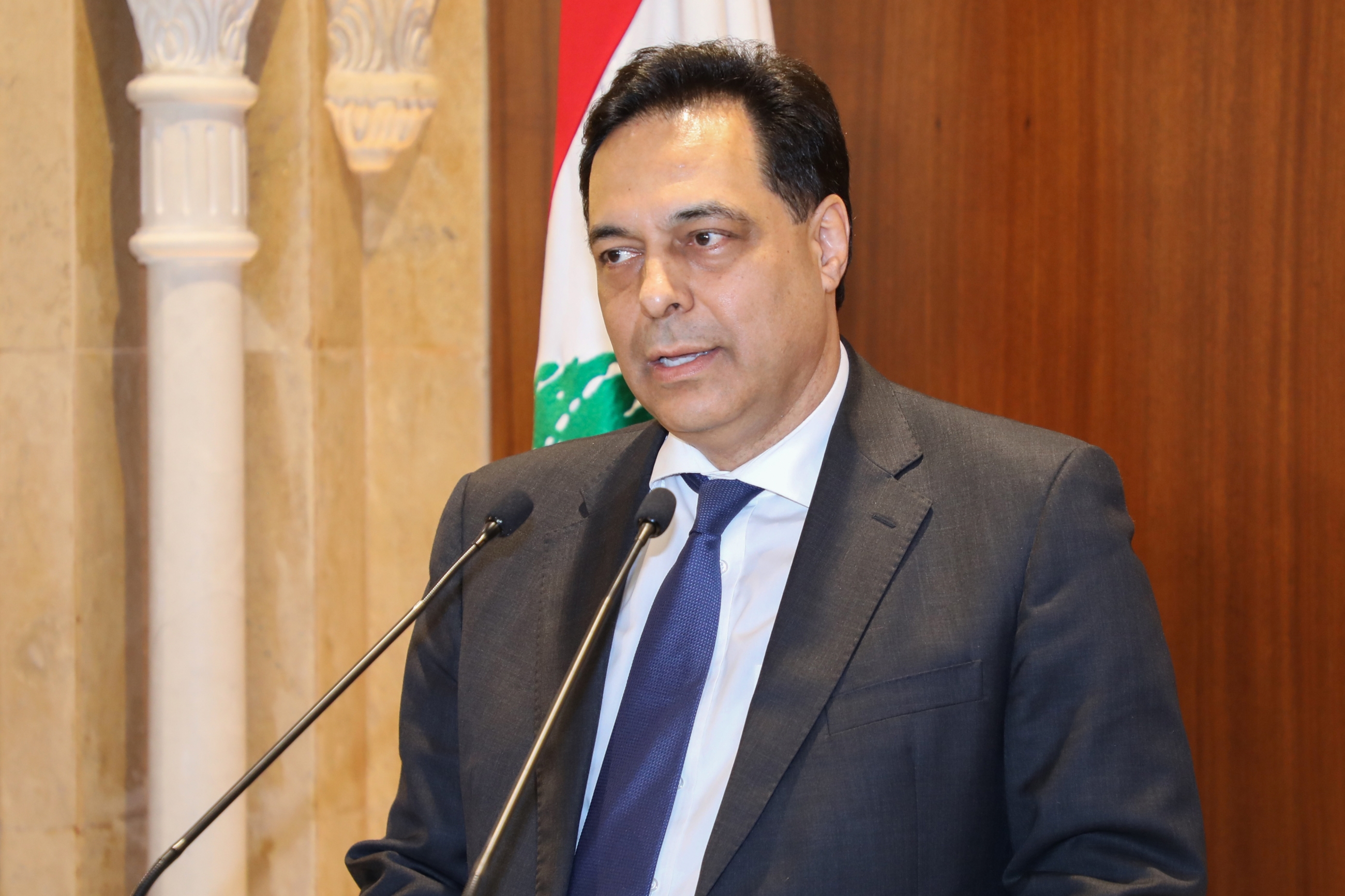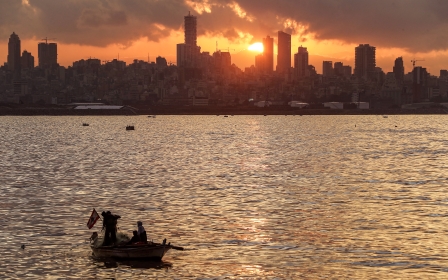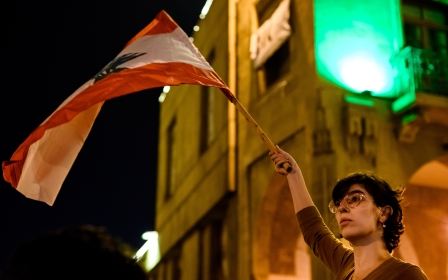Incoming Lebanese prime minister begins consultation on new government

Lebanon's incoming prime minister began the process of preparing a new government as he seeks to calm protests that have rocked the country for months.
Hassan Diab was appointed on Thursday by President Michel Aoun after several weeks of political negotiations in the face of an unprecedented popular movement since 17 October denouncing the entire ruling class, deemed corrupt and incompetent.
The movement pushed prime minister Saad Hariri and his government to resign on 29 October and since then has been calling for the formation of a cabinet of technocrats and independents.
New MEE newsletter: Jerusalem Dispatch
Sign up to get the latest insights and analysis on
Israel-Palestine, alongside Turkey Unpacked and other MEE newsletters
But some parties have already expressed their reluctance, even their refusal, to participate in the next cabinet.
'Political' government
On Saturday, the Druze leader Walid Joumblatt's bloc announced the boycott of the consultations and announced that it would not participate in the government.
For his part, Hariri has not publicly supported his successor, while the main Sunni parliamentary bloc he chairs "will not participate in the next government," a source close to the source told AFP on Friday.
The Lebanese Forces (FL), a Christian party whose ministers were the first to resign after the start of the protest movement, have repeatedly announced their refusal to join a "political" government.
On Friday, Diab, whose appointment was supported by the Shia Hezbollah movement and its allies, including the president's party, promised to "form a government of independent technocrats," echoing street demands.
The little known academic former minister of education called on the demonstrators to "give him a chance" to form an "exceptional government" and promised to meet on Sunday "various representatives" of the protest movement.
But the support given to its designation by Hezbollah and its allies has fuelled the anger of part of the street, in particular Sunnis, who see it as a marginalisation of their community in this multi-faith country.
On Saturday, roads were blocked in the Akkar region and in Tripoli, in the north of the country, after a Friday that was marked by scuffles in Beirut.
Middle East Eye delivers independent and unrivalled coverage and analysis of the Middle East, North Africa and beyond. To learn more about republishing this content and the associated fees, please fill out this form. More about MEE can be found here.




